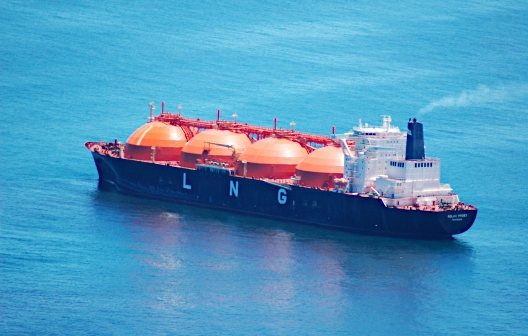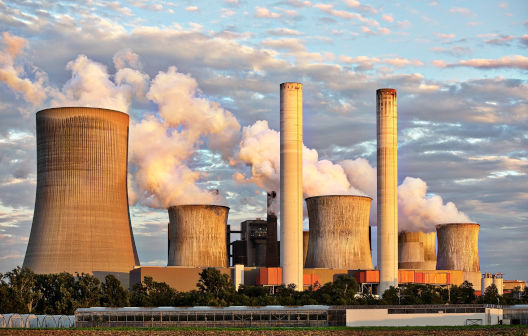Image Credit: Rodolfo Clix (Pexels)
Additions to the List of What is a Green Investment and What is Not for the EU
In early February 2022, the European Commission made a recommendation that could impact energy investors of all flavors, and in all parts of the world. It most directly affects investors in uranium or uranium production, and natural gas and producers. The recommended change is called the
Taxonomy Complementary Climate Delegated Act. This act is a decarbonization agreement, fully written and agreed upon by the College of Commissioners, to be adopted across the EU. Adoption is expected to be agreed upon once translations are available in all EU languages. It would apply beginning 2023, unless a majority of the European Parliament, or 20 of the EU’s 27 countries, veto the act.
What is Taxonomy?
For those not familiar, the EU has an investment classification system known as EU Taxonomy, where it ranks “Sustainable Activities.” It strives to set standards and a “common language” and create a clear definition of what is considered “sustainable.”
Investors worldwide follow the EU investment classification system, as it can sway billions in funds from flowing into or out of a sector. All companies, not just energy could be severely impacted by their listing status. The system is closely watched by investors worldwide and could potentially cause movement of billions of euros toward or away from a sector or company.
What Counts as Green?
The list classifies three types of green investments. First, those that substantially contribute to green goals, an example would be wind or solar farming. Second, those that enable other green activities, electricity storage would fall into this category. Third, are transitional activities that are not considered fully sustainable but have emissions below industry average and do not lock in polluting assets or crowd out greener alternatives.
Transitional Companies
The Taxonomy classifications of investment holdings are used by providers of financial products, including pensions throughout the EU. They must disclose which investments comply with the taxonomy’s criteria. For each investment fund or portfolio, regular disclosure of what percentile of underlying investments complies with the rules is required. This naturally causes investment assets to gravitate toward those businesses and projects that are in line with EU climate/carbon goals. Transitional businesses include companies that are important to fill a gap (though not completely green) as the EU moves from carbon-based fuels to sustainable, the timeline would be slowed if investments in fuel types that have below-average carbon output were not included. It is in this way that fossil fuels like natural gas or those that environmentalists feel mixed about like nuclear energy need to be listed.
The transition status may not cause these companies to eventually fall off the list, even when renewable alternatives are built-out. It’s expected that one or both will still be necessary to even out the intermittency of wind and solar energy production. The two energy sources now listed as transitional can level out intermittency and assist in high power demand situations. As technology now stands, this may not change. A November 2018 Massachusetts Institute of Technology study compared the costs of a range of combinations of energy technologies to meet a requirement of zero-carbon emissions. Using conservative cost projections, the lowest-cost combination was not renewables plus storage, but renewables and nuclear, with about half the energy coming from nuclear.
Take-Away
There are billions in investments flowing toward businesses that demonstrate that they are at net-zero carbon or somehow benefit the planet on the road toward that goal. For most of the world’s investment markets, there is not an agreed-upon list of firms that harm, help, or are neutral. The EU has created a methodology for investors to follow, with a requirement that professional investors disclose their portfolio make-up.
The impact outside of the EU is that other financial markets may use EU Taxonomy as a standard or template to create their own. Also, the planet is finite; what happens to the price or demand of a resource on one continent likely impacts the resource’s price or demand in faraway places.
Managing Editor, Channelchek
Suggested Reading
 Will Uranium, Natural Gas, and Coal be Severely Impacted by EU Taxonomy
|
 ESG Growing Pains Include Greenwashing
|
 Investor Information on Three Segments of the Uranium Energy Sector
|
 Is Uranium Going to Keep Going Up?
|
Sources
https://www.powermag.com/we-need-nuclear-energy-as-part-of-the-energy-transition/
https://ec.europa.eu/commission/presscorner/detail/en/qanda_22_712
Stay up to date. Follow us:

|
